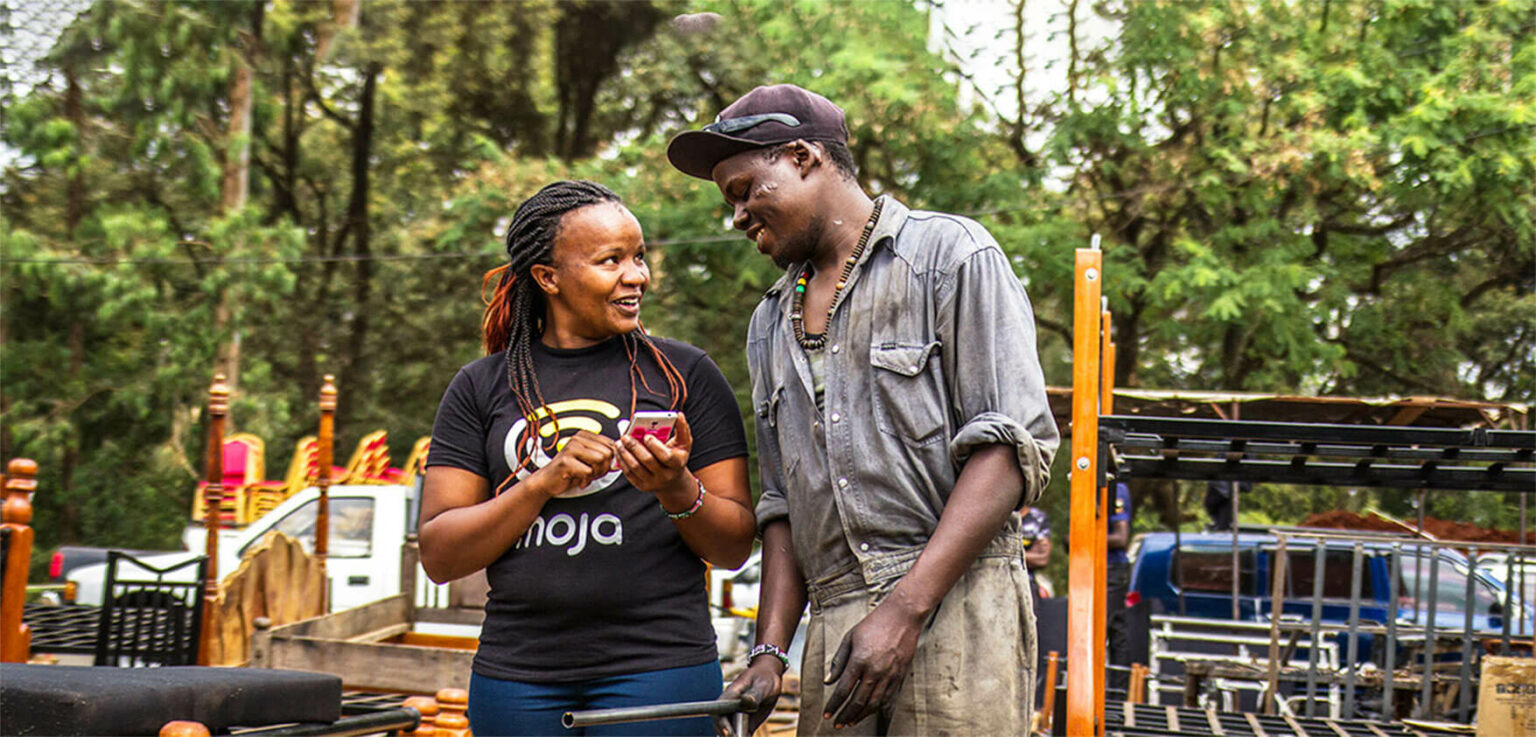Just days after his mic-drop on Twitter, CEO Jack Dorsey has spurred more online hype by renaming the other business he runs from Square to Block. Only in the tech world does a name change constitute news. In most other industries, after the renaming hype has died down, it is seldom referenced again. Not many people call Ninety One “formerly Investec”, do they? But when Facebook tries to dodge bad publicity by rebranding itself Meta Platforms or Google creates a holding company called Alphabet, it remains in the news – for obvious reasons. But Square is different. It isn’t a…
Author: Toby Shapshak
Google and Facebook’s destructive effect on the media globally is well known. Having denuded it vital source of revenue, while displaying its content for free, these tech giants have literally profited off its work. Google and Facebook have tried many ways to incorporate news into their operations, including controversially into Facebook’s news feed. Over the years, Big Tech has tried to the convince the media – like it has its own users – that these big firms are somehow performing some kind of help by spreading their news coverage far and wide. The Fourth Estate, as it is sometimes called…
When two geeks tried to solve their own frustrations around rolling blackouts, they created a now-indispensable app called Eskom se Push. It now tells 2.5m South Africans every day what outages to expect from the power utility. Although the way Herman Maritz and Dan Wells have brought a county together, while demonstrating a key tenet of why innovation in Africa is better: innovation out of necessity. They tell Stuff Studios editor-in-chief Toby Shapshak about this remarkable app’s unusual journey to greatness. Meanwhile, a grateful nation thanks them. Also available on Apple podcasts | Google podcasts | Spotify Visit getshyft.co.za for more info.
They were clearly fake Twitter accounts. It’s the string of meaningless numbers in that name that gives it away, sparky, you want to tell the trolls who create them. Created the same month, with no followers and an incongruous profile picture, I reported them to Twitter, then blocked them. The only time I am followed by numerous, patently fake accounts on Twitter is whenever I write about ANC politicians, as I did in October about Minerals & energy minister Gwede Mantashe’s bizarre behaviour when climate envoys came to the country offering vast sums of money to help save the planet.…
The Twitterverse was abuzz this week when Jack Dorsey has resigned as CEO of Twitter. As befits the platform and the man who made the fist tweet, he tweeted on Monday: “not sure anyone has heard but, I resigned from Twitter”. It was a huge surprise, but one that saw Twitter’s stock bounce 11%. I never know whether that is a vote of confidence or derision, when the founding CEO resigns. Dorsey’s bold move, including a wholehearted endorsement of his successor, current chief technology officer Parag Agrawal. At 37, he is the youngest CEO of a major tech firm, younger by a…
Things have just gotten very real for Facebook, as the first two significant lawsuits have been filled since whistle-blower Frances Haugen’s bombshell revelations. “Facebook said it was looking out for our children and weeding out online trolls, but in reality was creating misery and divisiveness for profit. We are not people to Mark Zuckerberg, we are the product and we are being used against each other out of greed,” said Ohio attorney general Dave Yost in the first case. He’s acting for the Ohio Public Employees Retirement System, who were among the Facebook investors that collectively lost more than $100bn…
So, World Rugby has shot the messenger. Rassie Erasmus’s now infamous video pointing out the myriad faults of referee Nic Berry in the first Test against the Irish and British Lions has seen him severely punished for bringing the game into disrepute. Known for being amazingly innovative with his coaching, this arguably wasn’t Erasmus’ best attempt at trying something different. The 62-minute leaked video of the Springbok director of rugby pointing out 36 errors by the Australia ref and the touch judges was the subject of a World Rugby disciplinary process that has seen Erasmus banned for 10 months. Think…
As investments lead for Flourish in Africa, Ameya Upadhyay has been helping build African unicorns for a decade. His acumen is as impressive as his success rate, including notable startups like Flutterwave and Lidya (listen here). He tells Stuff Studios editor-in-chief Toby Shapshak about “baking” an African unicorn – which he has done multiple times. His insights into investing in Africa, especially in fintech, are a master class. Also available on Apple podcasts | Google podcasts | Spotify Visit getshyft.co.za for more info.
Arguably the most important first step in digital and financial inclusion is getting people online in the first place. The largest provider of free public wifi in sub-Saharan Africa is BRCK, a truly remarkable Kenyan start-up that has grown from its revolutionary first BRCK v1 to a SupaBRCK to connect rural villages in Rwanda to its brilliant Moja free public wifi. Co-founder Erik Hersman, who also co-launched renowned tech firm Ushahidi and the iHub in Nairobi, tells Stuff Studios editor-in-chief Toby Shapshak about why the internet should always be free. Also available on Apple podcasts | Google podcasts | Spotify…
“Lights stay on” the headline read on a street pole last week. South Africa is so entrapped by Eskom’s broken power supply that it’s now newsworthy when there isn’t any load shedding. I thought of that street pole headline when news broke that the Independent Communications Regulator of SA (Icasa) had convinced Telkom, MTN and Vodacom to drop their impending lawsuits over spectrum allocation. This is in fact the second time in a year that Icasa has convinced angry mobile operators to back down from their legal high horses – when it attempted to auction off spectrum this March but…










